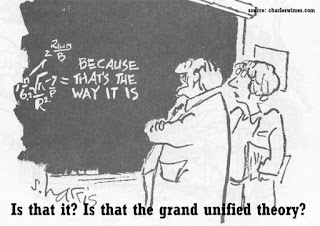This is in response to, the essay, "Distributed Cognition" by Edwin Hutchins.
I find the concept of distributed cognition to be an entirely plausible way of explaining and understanding our cognition. As Hutchins, discusses in his essay, distributed cognition is not limited to our body or skull, it is the way in which we also use other tools, people, or other things outside of ourselves to distribute our cognition. From a young age, we are taught, in basic history classes, that at one point in time humans did not have a reading or writing system-- they depended on verbal communication and story telling in order to teach future generations of their culture and how to survive the elements. I cannot help but to think back to some of my earliest lessons came from the verbal instruction from parents, babysitters, daycare employees, teachers, etc of what to do and what not to do.






